Rodent ulcers are awful-looking sores that can appear on cats' lips, but they aren't usually serious and have nothing to do with rodents. These lip lesions most often occur as a result of an allergic reaction or irritation from ectoparasites such as fleas. The ulcers may bleed, but often cats do not show obvious discomfort or pain. As such, they are not an emergency, but they do require veterinary attention to help them heal.
What Are Rodent Ulcers in Cats?
Rodent ulcers, also called eosinophilic ulcers or indolent ulcers, are severe-looking lesions that arise on a cat's lips—most often the upper lip. These ulcers are one of three types of lesions that comprise a syndrome called Eosinophilic Granuloma Complex (EGC). Eosinophilic plaques and eosinophilic granulomas are the other two types of lesions associated with EGC.
The name "rodent ulcer" comes from an old, incorrect belief that these lesions were caused by the bite of a mouse or rat. The name "indolent ulcer" is becoming a more accepted term in the veterinary field so as not to perpetuate the rodent-bite myth.
Symptoms of Rodent Ulcers in Cats
Rodent ulcers, which often look worse than they feel to the cat, present with definitive signs that make them easy to identify.
Rodent ulcers often seem to appear spontaneously and without warning—for instance, overnight. Most often, rodent ulcers are red, raised, and occur on the lip. This sudden and rather gory appearance can lead a cat owner to suspect traumatic injury. The cat will likely show no signs of distress, though, as the ulcer is localized and relatively painless.
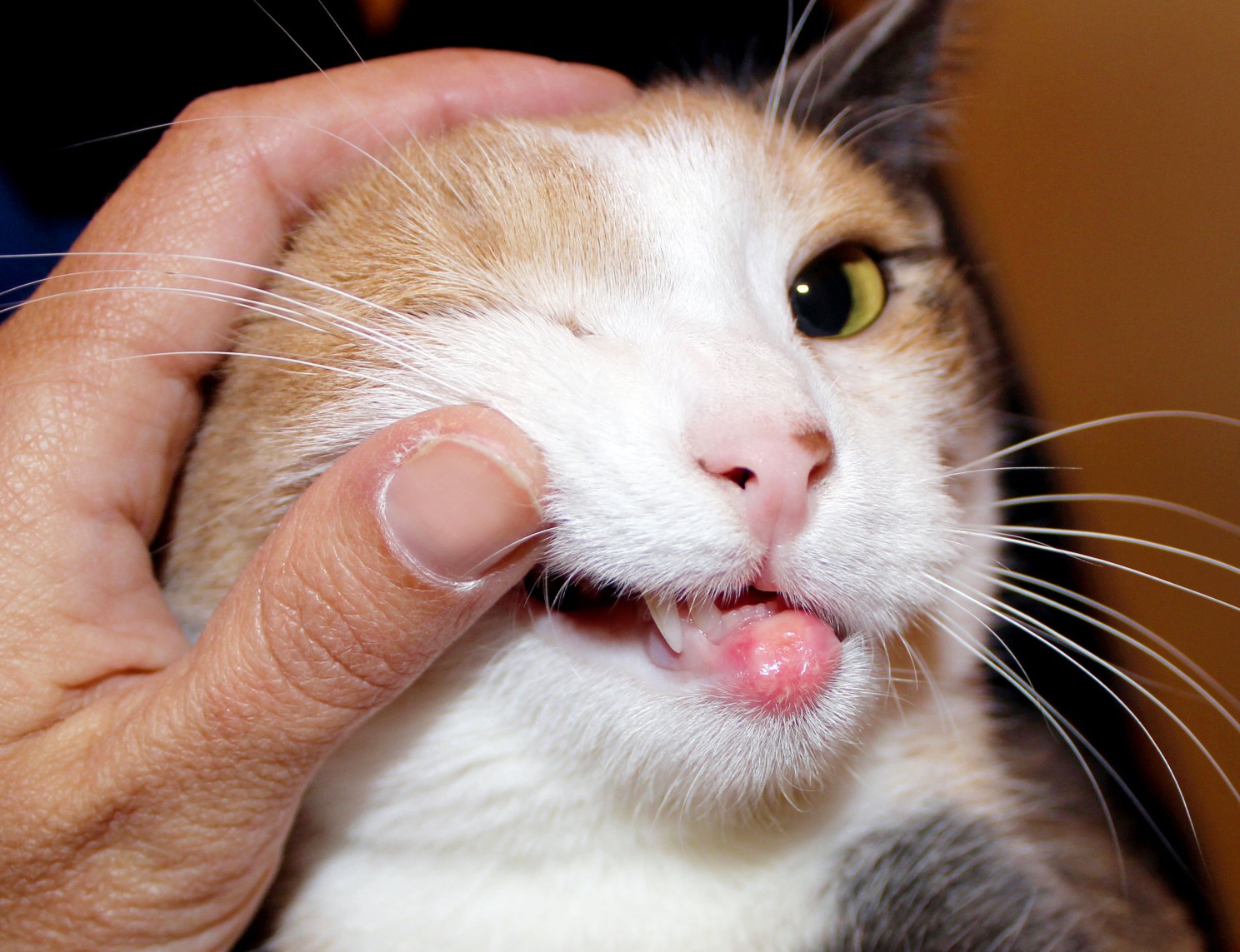
wolfness72 / Getty Images
Causes of Rodent Ulcers
While not caused by a rodent bite, veterinary researchers have not identified one specific cause of the ulcers or the underlying Eosinophilic Granuloma Complex with which they are associated. Some studies indicate that heredity is to blame, while others indicate that EGC lesions, including rodent ulcers, flare as a result of a hypersensitive allergic response. Ulcers resulting from allergy will likely recur until the allergen is removed.
In rare cases, rodent ulcers may occur due to more serious underlying diseases that will require further investigation.
Several things seem to trigger rodent ulcers development. These include:
- Food allergies
- Hypersensitive reaction to ectoparasites such as fleas, ticks, or mosquitoes
- Environmental allergies
- Bacterial or fungal infections
- Autoimmune disorders
- Feline leukemia
While there is no breed disposition for rodent ulcers, they tend to appear more often in female cats under six years of age.
How Do Vets Diagnose Rodent Ulcers in Cats?
Since rodent ulcers have a very distinct presentation, diagnosing them is pretty straightforward. A cat's clinical symptoms and physical exam findings may be enough for your vet to pinpoint the condition. If a more definitive diagnosis is needed or desired, your vet may take cytology samples. These samples may be obtained either with clear tape or something called fine-needle aspiration (FNA), which entails inserting a needle into the lesion to collect cells and then looking at those cells under the microscope.
How to Treat Rodent Ulcers
Acute treatment of rodent ulcers, regardless of their underlying cause, involves reducing inflammation and eliminating any bacterial or fungal infection that may be involved. They will not heal on their own. Your vet may prescribe antibiotics or anti-fungal medication as well as a short course of anti-inflammatory steroids.
If other disease processes, such as feline leukemia or an autoimmune disorder, are contributing to your cat's development of rodent ulcers, your vet will discuss treatment options for those specific conditions as well.
Prognosis for Cats with Rodent Ulcers
If the cause of a cat's rodent ulcers is an allergy, hypersensitivity, or infection, the removal of the irritating factor will help prevent recurrence and allow a full recovery. The prognosis for a cat with an underlying disease varies based on the severity and treatment responsiveness of the causative factor.
How to Prevent Rodent Ulcers
Since hypersensitivity to ectoparasites is a common cause, flea and tick medication may help (although the parasites can still bite the cat's skin and cause a reaction). This prevention should be given on time and year-round to prevent any lapse in coverage.
Cats can also be allergic to certain animal proteins. If your cat has rodent ulcers, feeding a commercially available limited-ingredient diet or veterinary prescription diet can help reduce the severity and frequency of ulcers.
- Are rodent ulcers in cats contagious?
No, rodent ulcers and other lesions associated with Eosinophilic Granuloma Complex cannot be passed to humans or other animals.
Are rodent ulcers in cats painful?Fortunately, rodent ulcers do not appear to cause significant pain to cats and often look worse than they feel. However, it's important to contact your vet if your cat is rubbing or pawing at the sores or if they seem uncomfortable.
If you suspect your pet is sick, call your vet immediately. For health-related questions, always consult your veterinarian, as they have examined your pet, know the pet's health history, and can make the best recommendations for your pet.Related Article
 cat-nutrition-and-food
cat-nutrition-and-foodCan Cats Eat Dog Food?
Is it safe for cats to eat dog food? In short, no. While small amounts of dog food will usually not
 cat-nutrition-and-food
cat-nutrition-and-foodWhy Are Cats Scared of Cucumbers?
You may have seen videos online of people scaring their cats by quietly placing a cucumber behind t
 cat-toxicology
cat-toxicologyCats and Weed: Marijuana Toxicity in Cats
Marijuana is not safe for cats to consume in any form—not by nibbling on some dried pieces, inhal
 cat-treatments
cat-treatmentsWhat to Do if a Scorpion Stings Your Cat
There are a number of scorpions in the world, many of which can be found in North America. Scorpion
 cat-symptoms
cat-symptomsCat Drooling: When It's Normal and When Something's Wrong
Cat drooling is normal when kitties are kneading or purring—they're just so relaxed. You may
 cat-symptoms
cat-symptomsSwollen Eyes in Cats
A cat's eyes are one of their most alluring features. From their big almond shape to their stun
 cat-diseases-and-disorders
cat-diseases-and-disordersAddison's Disease in Cats
Addison's disease is a disease of the adrenal glands. It causes decreased production of a vital ste
 long-haired-cat-breeds
long-haired-cat-breeds12 Fluffy Cat Breeds Perfect for Endless Cuddles
For some cat lovers, a long, luxurious coat is everything. Fluffy cats are not only beautiful to lo
About FleaFree Feline
We are a premier digital platform committed to delivering high-quality content to our readers. Our mission is to provide accurate, reliable, and engaging information that adds value to our audience's daily lives.
Our team consists of experienced content creators and subject matter experts who uphold the highest standards of professionalism. In an era of information overload, we curate content with care, ensuring our users receive only the most relevant and trustworthy information.
Beyond just reporting facts, we focus on depth and context. Through expert analysis, comprehensive research, and clear presentation, we help our audience gain meaningful insights and make informed decisions.
We take pride in being a trusted information source for our growing community of readers. Our user-first approach means we continuously adapt to provide content that meets our audience's evolving needs and interests.
Innovation and excellence drive everything we do. We're committed to improving our platform and services to deliver the best possible experience for our users.

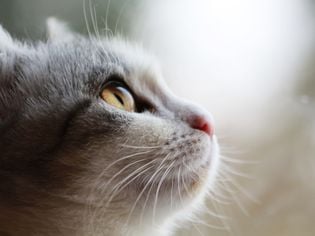
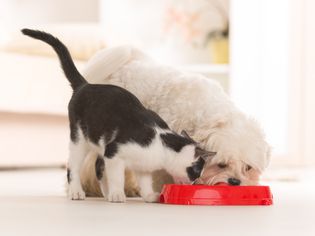
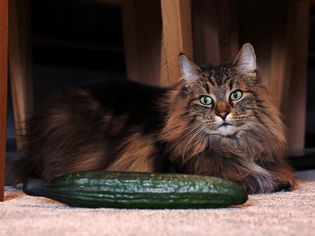

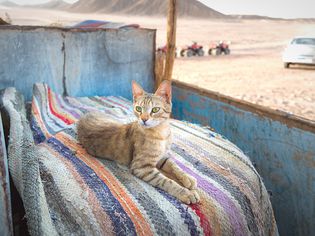
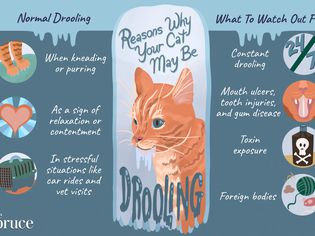
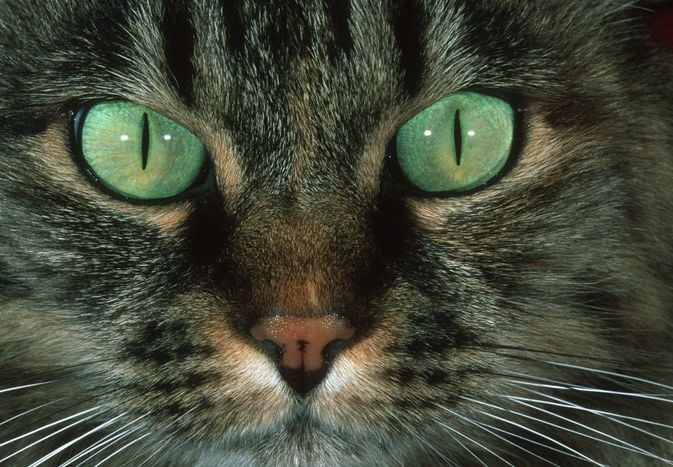
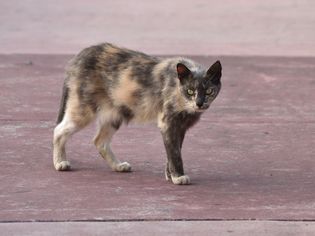
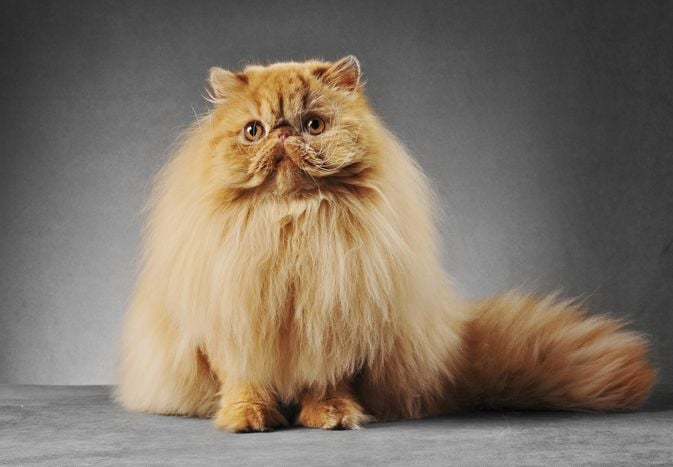
Comments on " Rodent Ulcers in Cats" :